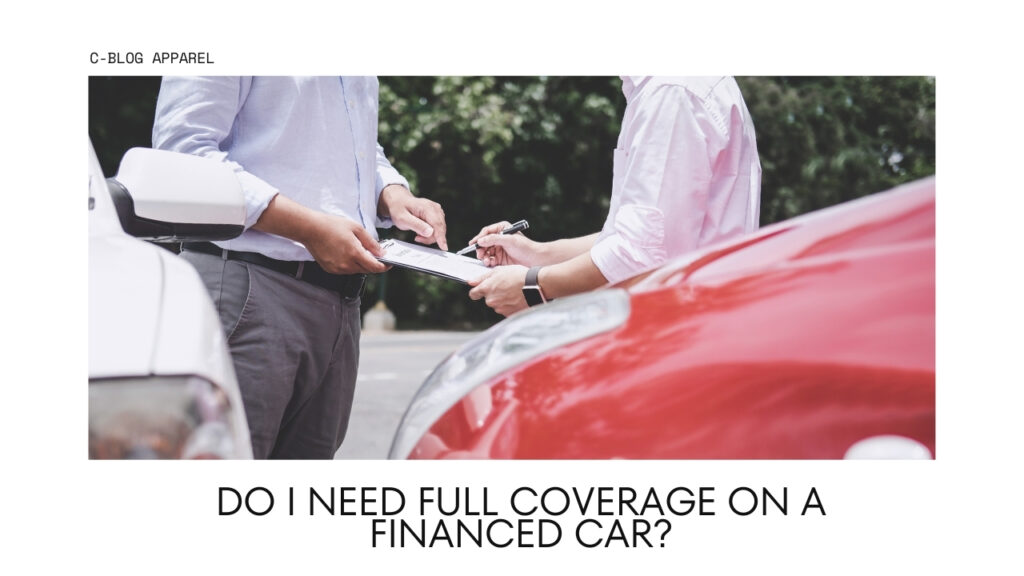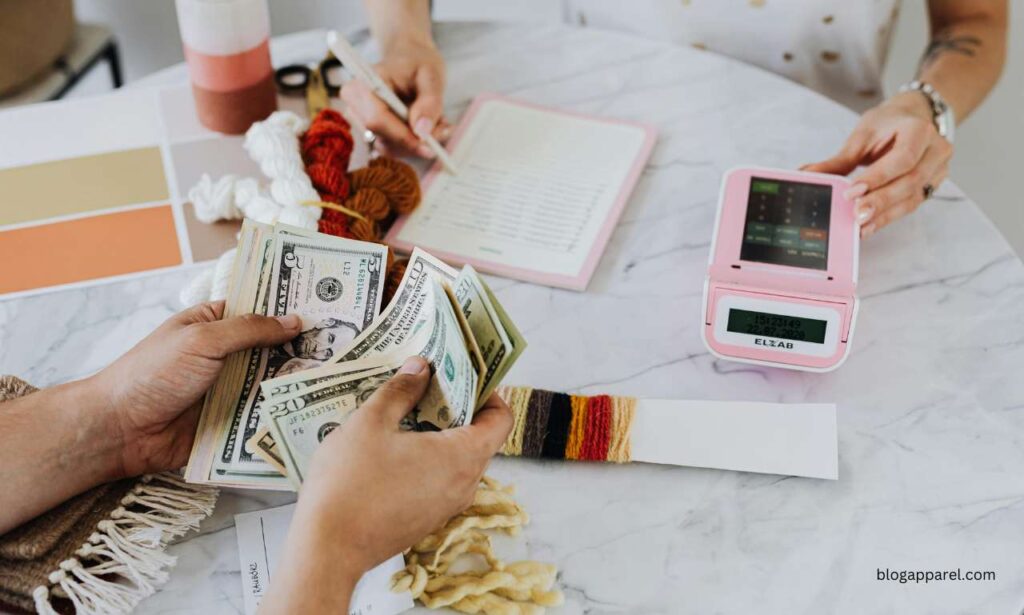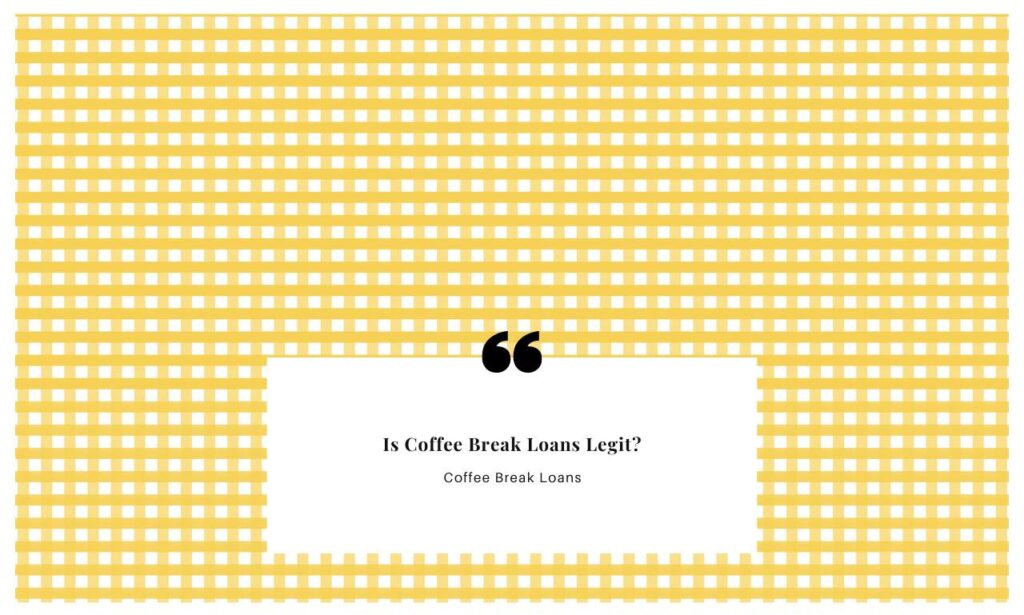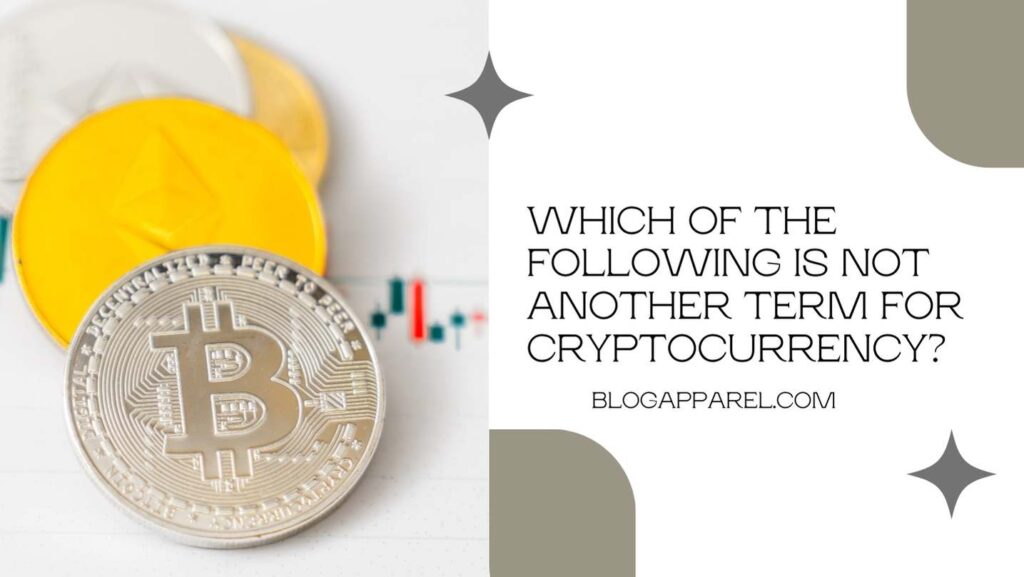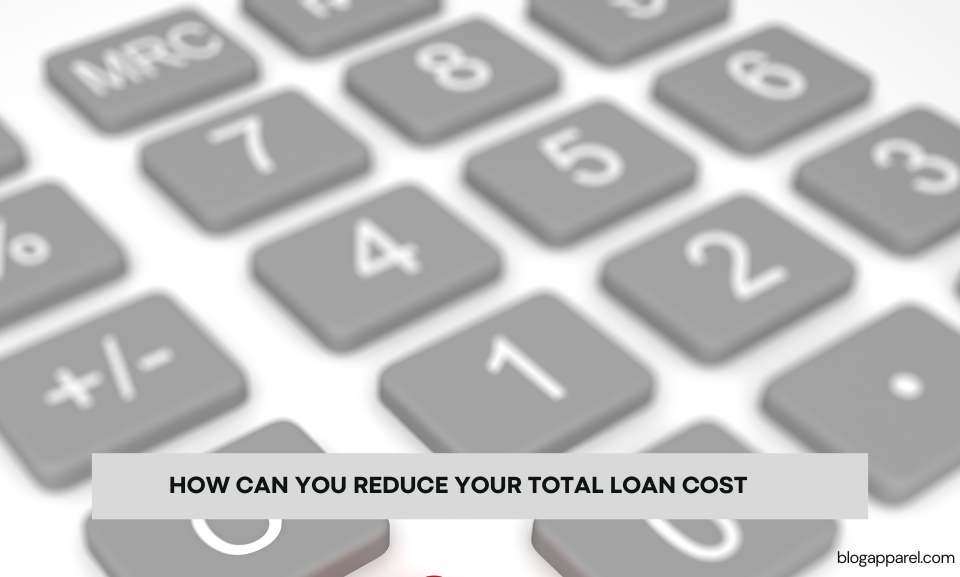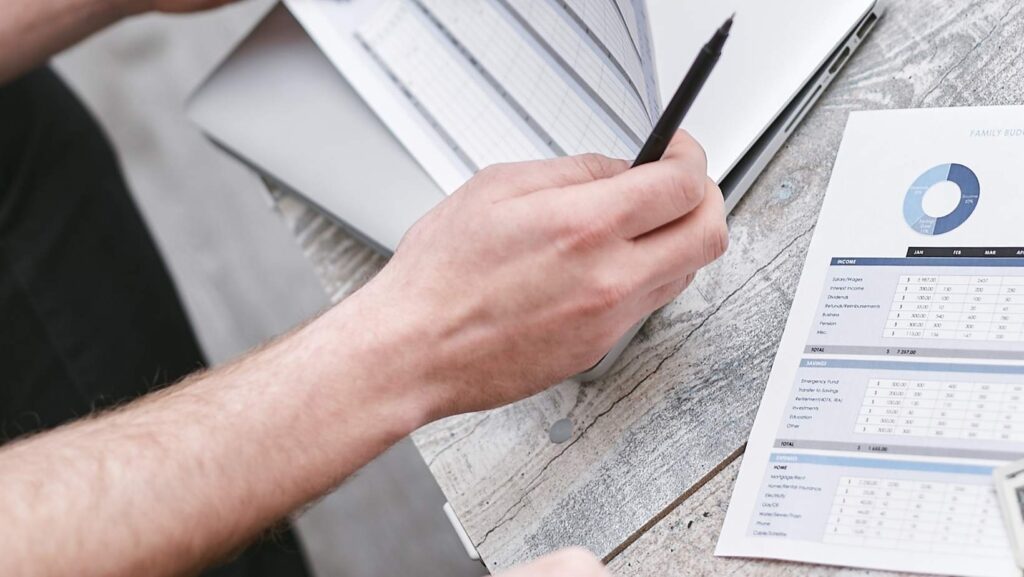Submitting a fake bank statement for a loan is illegal and could have serious consequences. Lenders have methods to verify the accuracy of bank statements and other financial documents to ensure loan applicants’ honesty and creditworthiness.
Credible financial reports are necessary when applying for a loan as they provide information on the borrower’s creditworthiness. In most situations, lenders ask for bank statements for the past few months to check the applicant’s financial health and assess whether they can comfortably repay the loan.
However, some individuals falsify their bank statements to portray a better financial standing and hope to get approved for loans they otherwise wouldn’t. Submitting a fraudulent document is a criminal offense that may lead to legal action, imprisonment, or fines. Furthermore, lying to financial institutions or banks could seriously damage your reputation and make securing a loan in the future significantly harder.
Introduction
A fake bank statement for a loan can seem like an easy way to get approved, but it’s illegal and dangerous. Lenders can easily verify the authenticity of bank statements, but fraudulent activity can result in severe consequences. Always be honest and provide legitimate documents to avoid any legal issues.
Are you looking to create a fake bank statement to secure a loan? While it may seem like a quick fix, there are several things you need to consider before going down this route. In this post, we’ll delve into what you need to know about fake bank statements for loans.
The Risks Involved
Creating a fake bank statement is illegal, and if you get caught, you could face severe consequences.
Here are some potential risks that come with submitting fake documents:
- Your loan application can get rejected, and you may lose the chance to get a loan from that institution.
- You may face legal charges that could harm your reputation.
- You could be prosecuted and face incarceration or fines.
Why You Should Avoid Fake Bank Statements
Aside from the legal risks involved, several reasons why you shouldn’t apply for a loan using fake bank statements include:
- You’re likely to end up paying a higher interest rate than necessary.
- If you’re caught, the consequences could negatively impact your credit score.
- Lenders may need help to trust you in the future.
How To Avoid Fake Bank Statements
The best way to avoid using fake bank statements is to work on building good credit. Here are some tips to help:
- Monitor your credit score regularly.
- Pay off your debts on time.
- Use a budget to stay on top of your finances.
- Choose a reputable lender.
Definition Of A Bank Statement
A bank statement is a document provided by a financial institution that lists all transactions associated with a specific account over a set period. Creating a fake bank statement for a loan is illegal and often results in penalties.
If you need a loan, you’ll likely encounter various document requirements, including a bank statement. But what exactly is a bank statement, and how does it impact your loan application process? In this informative section, we’ll discuss the definition of a bank statement and its significance to loan applications.
Here are the main components of a bank statement:
| Deposits: | Money added to the account. |
| Withdrawals: | Money removed from the account. |
| Account balance: | The remaining funds in the account. |
| Interest earned: | The amount earned by the account through interest payments. |
| Fees charged: | The costs or fees deducted from the account during a specific period. |
Now that you understand a bank statement, let’s discuss its significance to loan applications.
Purpose Of A Bank Statement In Loan Applications
A bank statement is a crucial document required in a loan application. Providing a fake bank statement can result in severe consequences and lead to the rejection of the loan application. The purpose of a bank statement is to verify the borrower’s financial status, stability, and credibility.
Being approved for a loan can be challenging, as lenders demand relevant documents to evaluate your creditworthiness. One of these documents is a bank statement, crucial for determining your financial stability and repayment capacity. In this blog post, we’ll explore the importance of bank statements in loan applications and why some people may seek fake bank statements for loans.
A bank statement records your financial transactions, including deposits, withdrawals, and bank fees. It helps lenders obtain an overview of your income and expense patterns and spending habits. This information is critical for evaluating your creditworthiness and determining your eligibility for a loan.
With a bank statement, lenders can:
- Analyze your income sources and determine your monthly net income.
- Check your expenses and spending habits, including recurring payments like rent, utility bills, and loan repayments.
- Identify any unusual transactions or red flags, such as bounced checks, overdrafts, or excessive withdrawals.
- Evaluate your savings patterns and determine whether you have sufficient funds to repay the loan.
- Verify your identity and check for any errors or discrepancies in your personal information.
Reasons For A Fake Bank Statement
Obtaining a loan can be challenging, particularly if you have a poor credit score or a limited financial history. Some people may feel tempted to create or purchase fake bank statements to increase their chances of approval.
However, this practice is illegal and can have severe consequences, including:
- Criminal charges for fraud or forgery.
- Rejection of your loan application or termination of your loan agreement.
- Damage to your credit score and financial reputation.
- Legal penalties, such as fines or imprisonment.
Creating, altering, or purchasing a fake bank statement is fraudulent and can have severe consequences. When you apply for a loan, it’s crucial to be honest and transparent, as lenders can conduct thorough background checks and analyze your financial history.
If you’re struggling to obtain a loan, alternative options include improving your credit score, finding a co-signer, or seeking financial counseling. Being financially responsible can help you achieve your goals and secure a better future.
A bank statement is crucial to loan applications, providing lenders with vital information about your financial stability and repayment capacity. While fake bank statements may seem like an easy solution, they are illegal and can lead to severe repercussions.
It’s essential to be truthful and transparent when applying for a loan and seek alternative options. You can achieve your goals and secure a better future by following responsible financial practices.
The Illegality And Consequences Of Fake Bank Statements
Obtaining a fake bank statement for loan purposes is illegal and has severe consequences. Providing fraudulent financial documents can result in hefty fines or even imprisonment, tarnishing one’s reputation and financial future. Instead of resorting to deceitful practices, it is crucial to be truthful about one’s financial standing and seek alternative options.
If you’ve ever applied for a loan or tried to open a bank account, you know that submitting bank statements is crucial. Bank statements are official documents that attest to your financial credibility and determine your eligibility for a loan or account.
However, some people might be tempted to submit fake bank statements to obtain loans, credit cards, or other financial benefits. That’s where the trouble begins.
Fake bank statements can be created using software or manually altering absolute bank statements. They might include an inflated salary, a higher bank balance than exists, or fake transactions.
The Consequences Of Submitting A Fake Bank Statement
Submitting a fake bank statement is a fraudulent act that has serious consequences. The following are some of the outcomes:
| Rejection of Loan or Credit Application: | Most lenders verify the authenticity of bank statements and can quickly spot a fake one. If your bank statement is found to be fraudulent, your loan or credit application will likely be rejected. |
| Legal Charges: | Submitting a fake bank statement violates the law and can result in legal charges. Depending on the severity of the deception, you might face charges of forgery, fraud, or identity theft. In some cases, you could even face imprisonment. |
| Damaged Credit Score: | Besides the legal repercussions, submitting a fake bank statement can significantly damage your credit score. Banks and credit mechanisms have the power to report fraudulent activities to credit bureaus, which could lead to a negative impact on your credit history. This can affect your future loan or credit applications and your ability to rent an apartment or obtain a job. |
How Can You Avoid Submitting A Fake Bank Statement?
To avoid the consequences of submitting a fake bank statement, stick to the following tactics:
| Always Provide Genuine Statements: | Ensure that the bank statements you submit are authentic and correctly reflect your financial position. Keep them secure and handle them carefully. |
| Be Prepared to Verify Your Statements: | Some lenders will ask for proof of your bank statements to verify your authenticity rather than just accepting your financial documents at face value. You should be prepared to verify your statements with corroborating financial information or by contacting your bank. |
| Seek out Alternatives: | If you can’t provide genuine statements to your lender, you should seek alternative financing options. |
Submitting a fake bank statement can be tempting if you need quick approval, but it’s not worth the risk. Not only is it illegal, but it can also put your financial future in peril. Ensure you always provide genuine financial documents when applying for loans and seeking credit.
Alternatives To Submitting A Fake Bank Statement
Fake bank statements are never a good idea for loan applications. Instead, try alternative methods such as providing income tax documents, bank transaction statements, or legitimate proof of income from an employer. Being truthful is always the best policy.
Submitting a fake bank statement for a loan is a significant risk that can lead to severe legal repercussions. Unfortunately, some individuals feel it’s the only solution when their financial situation leaves them limited options. However, it’s crucial to know that there are viable alternatives to submitting a fake bank statement for loan approval.
Look For Alternative Sources Of Income
If your current bank statement doesn’t reflect your actual financial status, it’s time to explore new sources of income. You can start by looking for a part-time job or taking on some freelance assignments that can help you earn more money.
Alternatively, consider taking out a personal loan to help you address your financial situation. Although dealing with additional debt might be challenging, it’s a safer alternative to submitting a fake bank statement for a loan.
Consult A Financial Advisor
If you’re unsure about your financial options, it’s time to seek professional help. Consult a financial advisor who can assess your situation and help you identify your best course of action. They can also provide information on loans that you qualify for, alternative sources of income, and how to manage your finances in the future.
Find A Less Stringent Lender
Some lenders are more flexible than others when approving loan applications. Therefore, you can opt for a lender that doesn’t require bank statements or accepts alternative documentation. However, such lenders may charge higher interest rates.
Use Collateral
If you have valuable assets such as a vehicle or property, you can use them as collateral when applying for a loan. This option is advantageous because it lowers the risk for the lender, meaning you’re more likely to get approved for the loan.
The downside is that you might lose your assets if you default on your loan payments.
Consider A Co-signer
If you have a trusted family member or friend, they can co-sign your loan application. This means they’ll take responsibility for the loan if you default on your payments. A co-signer can strengthen your application and increase your chances of getting loan approval.
Submitting a fake bank statement for a loan is not a good idea. Fortunately, there are viable alternatives that you can explore. Remember to research and consider all available options before making a decision. You can find a solution that works for you with patience and perseverance.
The Role Of Banks And Lenders In Preventing Fraud
Banks and lenders have a crucial role in preventing fraud, especially regarding loan applications that require bank statements. Fake bank statements can deceive lenders, so banks must ensure their authenticity through rigorous verification processes to mitigate fraudulent activities and protect customers’ interests.
Protecting their businesses and customers is a top priority for banks and lenders, especially regarding loan applications. The following are the significant roles that Banks and Lenders must play in preventing fraud:
Know Your Customer (KYC)
KYC is a process where financial institutions verify the identity of their customers and assess the potential risks of forming a business relationship with them. The KYC policy includes scrutinizing an individual or business’s documents and assessing their credibility through credit checks.
It helps banks and lenders to prevent fraudulent applications by identifying suspicious client profiles.
Anti-money Laundering (AML) Checks
Money laundering refers to the practice of obtaining illegal money and making it appear as if it was acquired through legitimate means. AML checks help financial institutions detect and prevent money laundering by monitoring transactions and identifying suspicious behavior.
AML compliance is vital for the bank and lender as it minimizes the risk of processing fraudulent loan applications.
Fraud Detection And Prevention
Fraud detection and prevention is the practice of identifying fraudulent activities and stopping them before they cause loss. Banks and lenders have measures to detect fraudulent activities such as loan stacking, synthetic identity theft, and application fraud.
The prevention of fraud also depends on educating customers about the possible risks of lending fraud so they can quickly identify and report any suspicious activities.
Reporting Suspicious Activities
When banks and lenders suspect suspicious activities, they report them to concerned authorities, such as regulatory agencies. They also share the suspicious accounts and details of the applicants with other financial institutions to prevent cross-border fraud.
Banks and lenders must play a vital role in stopping fraudulent loan applications to protect the legal interests of both customers and businesses. Banks and lenders can significantly reduce the impact of fraudulent activities by implementing a strict and comprehensive KYC process, conducting AML checks, identifying security risks, detecting and preventing fraudulent activities, and reporting suspicious events.
Frequently Asked Questions
Do Loans Verify Bank Statements?
Yes, loans verify bank statements to ensure that the borrower is capable of repaying the loan amount. Lenders may also check bank statements to detect fraudulent activity or undisclosed debts. It is advised that applicants maintain accurate and up-to-date bank statements.
What Happens If You Give Fake Bank Statements?
Providing fake bank statements is considered fraudulent. It can result in severe legal consequences and harm your credibility. It’s not recommended to provide false information as it can lead to severe issues, including criminal charges and imprisonment. It’s best to remain honest and transparent to avoid any problems.
How To Get A Loan With Just Bank Statements?
To get a loan with just bank statements, you need to demonstrate a reliable source of income and a good credit history. Gather your recent bank statements and apply for a loan from a bank or financial institution that accepts statements as proof of income.
Ensure your statements clearly show regular income and expenditure patterns to strengthen your application.
Can You Edit Bank Statements?
No, editing bank statements is illegal and unethical. It is considered fraud and can result in severe consequences, such as legal action, fines, and imprisonment. Maintaining the integrity of financial documentation is essential to ensuring accuracy and transparency.
How Can I Get A Fake Bank Statement For A Loan?
You should NOT get a fake bank statement for a loan. It is illegal and can lead to severe consequences.
Can I Create A Fake Bank Statement On My Own?
It is illegal to create a fake bank statement. To qualify for a loan, it is better to work on improving your credit score.
Conclusion
A fake bank statement can be tempting for those looking to secure a loan without proper documentation; however, it is illegal and can lead to severe consequences, including fines and even imprisonment. It is essential to be honest and provide truthful financial information to lenders.
It is common for individuals to seek alternative solutions when they cannot obtain a loan due to poor credit scores or financial instability. One such solution is to present a fake bank statement to financial institutions.


